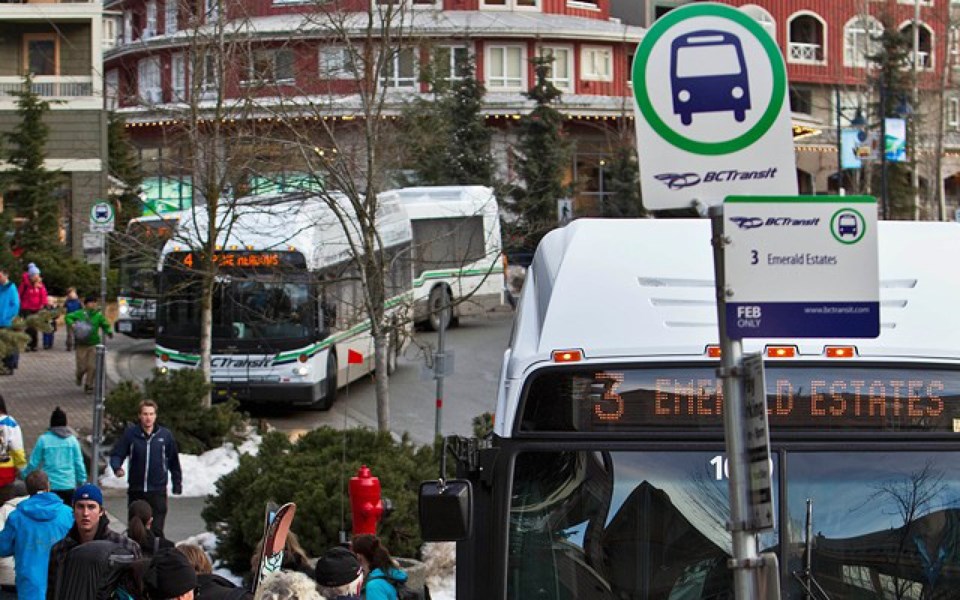The goal of seeing regional transit by fall 2019 appears increasingly implausible, with the province yet to approve a proposed funding and governance model the stakeholders put forward late last year.
"We're in a bit of a holding pattern now," said Village of Pemberton (VOP) Mayor Mike Richman. "It's a little bit frustrating. Our goal was to put buses (on the road) in the fall, and it's kind of been slowed."
The fact that the transit model would be unique—with member communities retaining jurisdiction over their own bus service, while a separate commission oversees regional service—may be a complicating factor, Richman added.
"This not something we can model off (of) something we've seen," he said. "So on that level, I think the province wants to make sure we all get it right ... this could set the stage for other communities like ours."
The stakeholders—which include the VOP, the Resort Municipality of Whistler (RMOW), and Lil'wat and Squamish nations—put forward a proposal at the end of 2018, but still haven't heard a response from the province, said Richman.
The proposal, he explained, includes a request that eight buses be put on the road to start, as well as a funding model that includes a motor-fuel tax, which will be levied at gas stations throughout the corridor and used to subsidize service.
The partner communities have agreed that a Regional Transportation Commission should govern the project. It would include a board comprised of regional representatives from local governments and be charged with negotiating financing and service levels with the province.
Yet under current legislation, First Nations are not permitted to be on such a commission. As a result, VOP council recently submitted a resolution to the Lower Mainland Local Government Association conference—to be held next month—calling on the province to change the rules.
"The philosophy is we all need to be equal partners at the table," said Richman. "We want to meet with our counterparts and be equal partners when we discuss these things and pursue (them)."
Richman added he will be looking to work with partner communities to create a similar resolution for September's annual Union of BC Municipalities Convention.
In the meantime, Richman said the partner communities are seeking to forge a committee structure in the interim.
The RMOW's own website still states that the "fall 2019 (regional transportation) goal requires that the Province approve a regional transit funding model, create a Regional Transit Commission and include a motor fuel tax in its February 2019 budget"—something that has yet to happen.
Yet Whistler Mayor Jack Crompton is hopeful that a commitment will be made soon.
"It (was not) necessary for it to be in the 2019 budget for it to be adopted by the province," said Crompton. "We made our submission to the province as early and thoroughly as we could ... I'd say our primary task at this point is advocacy."
Crompton added that Whistler council is "extremely supportive" of both Squamish and Lil'wat nations being part of the commission.
Both Squamish and Lil'wat nations declined requests for interviews.
In response to questions from Pique, the Ministry of Transportation sent the following: "BC Transit, the Province of BC and local partners have been exploring the possibility of transit service along the Sea to Sky Highway. The Province of BC and the Sea to Sky local government partners are working together to review and develop a governance and funding model. Once a governance and funding model is established service implementation work can begin."




